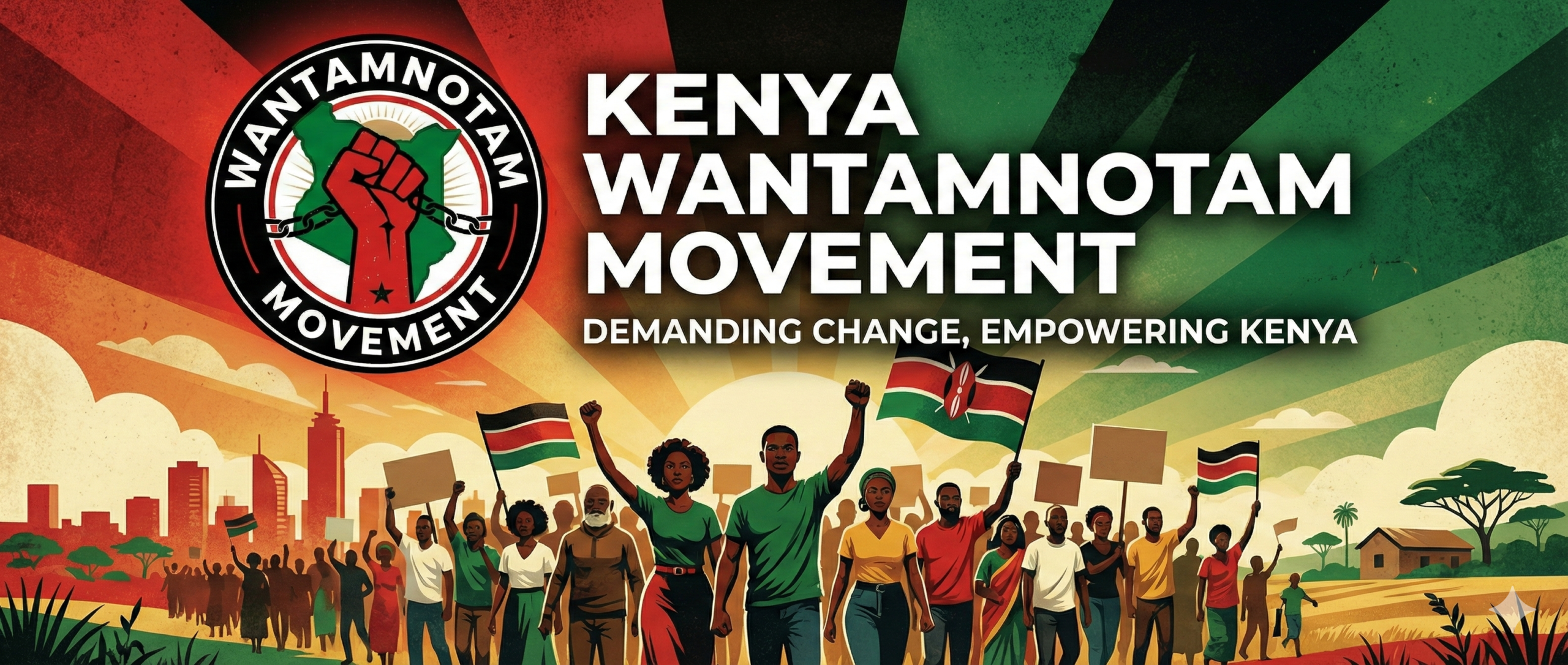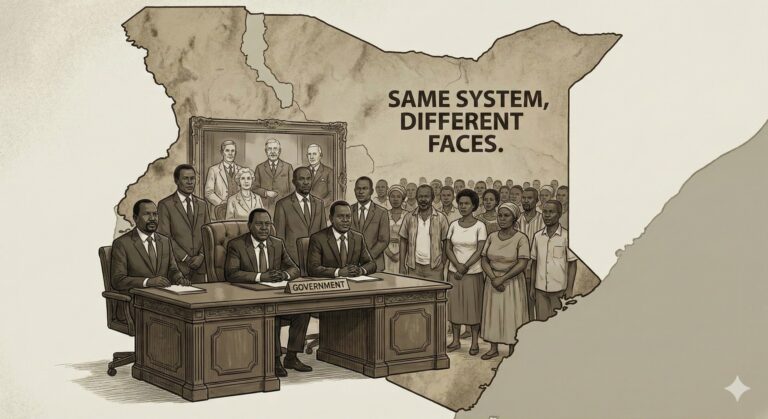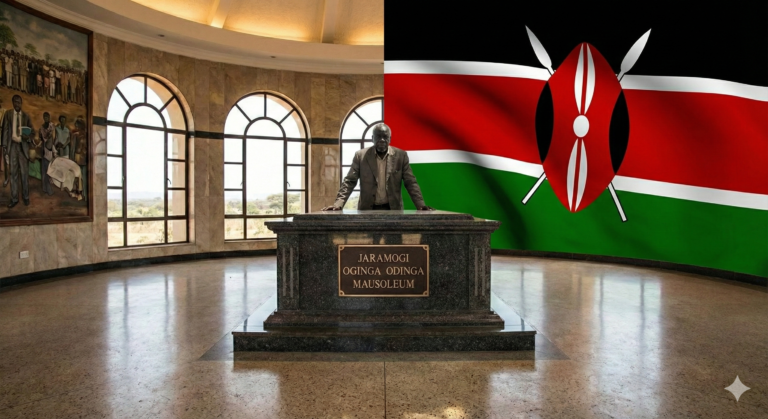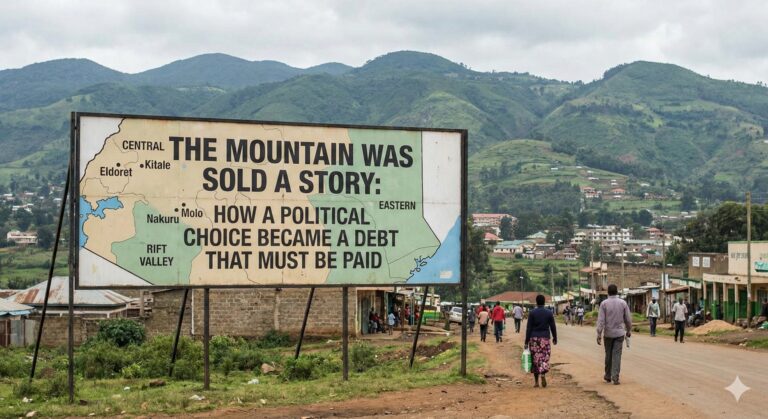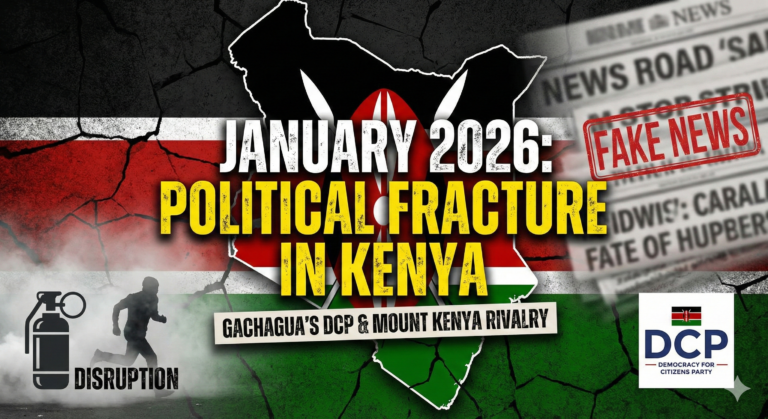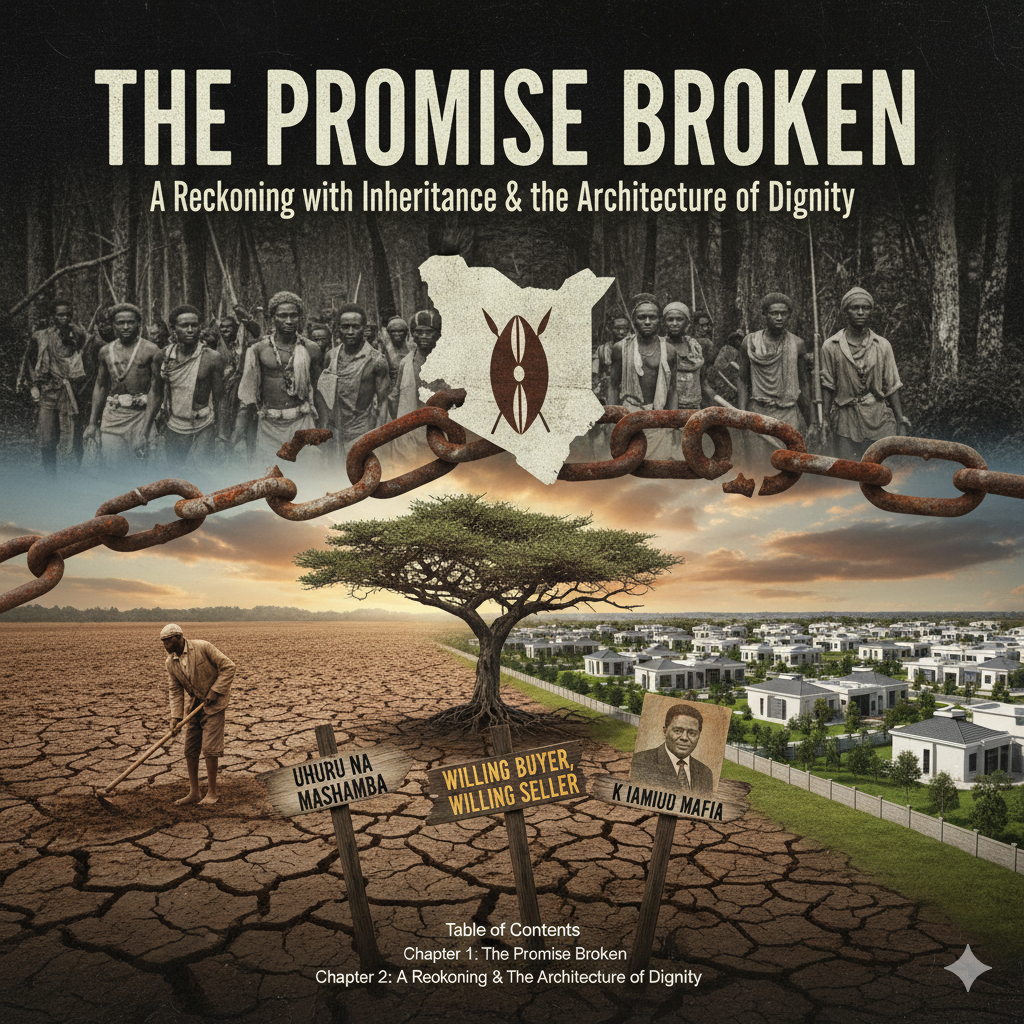
The Promise Broken
The promise of Kenyan independence was land. Uhuru na mashamba—freedom and land. This was the cry of the Mau Mau fighters in the forests of the Aberdares and Mount Kenya. They fought to reclaim the ancestral soil stolen by white settlers, the fertile White Highlands. When Jomo Kenyatta, the man they called the Burning Spear, was released from prison and ascended to power in 1963, a wave of expectation swept the nation. The land would return to its people. The colonial injustice would be undone.
This expectation soured almost immediately. The new government, led by Kenyatta, adopted a policy named “Willing Buyer, Willing Seller.” It sounded equitable. The British government and the World Bank provided funds for the new Kenyan state to buy out the white farmers who wished to leave. The land would then, supposedly, be redistributed to the African population. The reality was a cruel betrayal. The landless peasants and former forest fighters, the very people who had sacrificed for independence, had no money. They were not the “willing buyers.” The buyers were a new elite, a clique of politicians and businessmen who coalesced around the president. This group, drawn heavily from Kenyatta’s own Kiambu District, quickly became known as the Kiambu Mafia. They had access to state-backed loans from the new institutions like the Agricultural Finance Corporation. They had insider information on which farms were for sale. They did not liberate the land; they purchased it, transferring ownership from a white elite to a Black one.
Click Here to Enjoy KWM Podcast
Click Here To Buy The Full eBook: The Betrayal of Uhuru: Land, Looting, and Kenyatta’s Kenya
